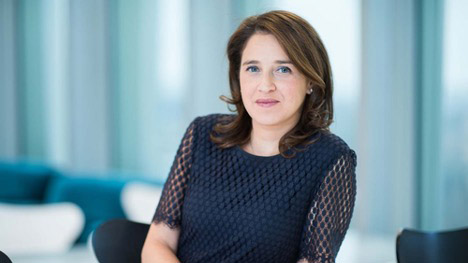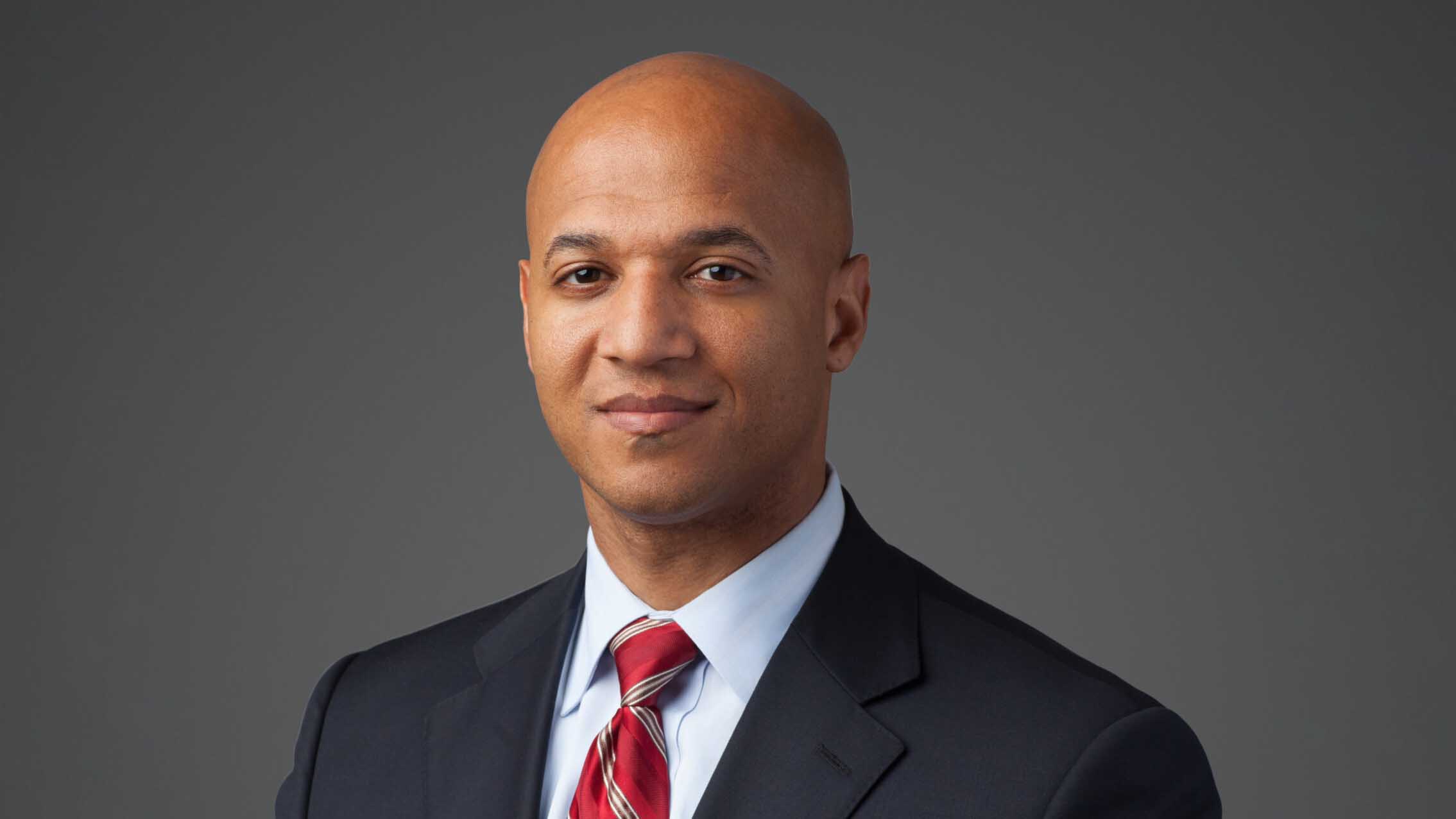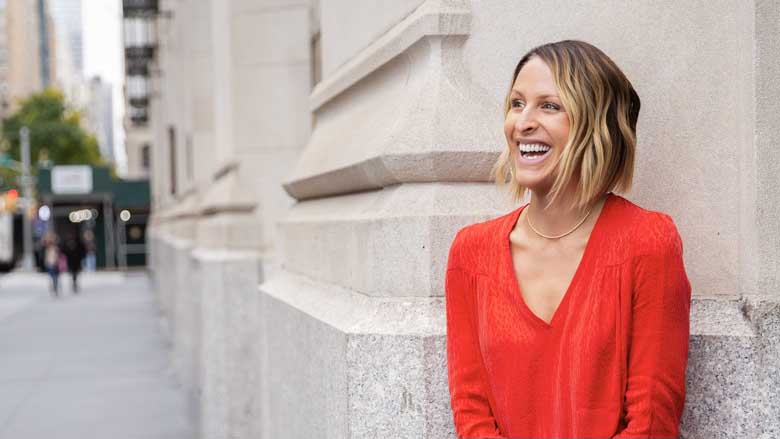The fourth iteration of Dassault Systemes 3D FinTech Challenge, announced last month, will focus on RegTech. The seven-week program will run from October 5th to November 22nd in London. Participants will be able to showcase their solutions on a Finals Day to an audience of institutions, venture capitalists, journalists, and other industry players. One nice aspect of this accelerator program is that it does not take equity from the participating start-ups.
This year’s themes were developed during the course of 30 interviews conducted by Dassault last spring with senior investment executives and industry leaders in London, New York, and Paris. These executives identified a growing need to uncover and accelerate solutions that can reduce the costs associated with regulation and improve compliance.

The 2016 edition of the 3D FinTech Challenge is specifically looking for startups that are developing solutions in these areas:
- Collaboration – can your technology provide systemic warnings and better clarify standards and regulatory guidance internally, externally and between national regulators?
- 360° view of the customer – can your solution cover all aspects of internal and external data to address KYC/AML and early potential customer risk/product fit for the customer?
- Data visualization – can your technology improve usability, analysis and standardization across siloed data sets to mitigate risk, improve data reporting and reduce ambiguity?
- Simulation – can you simulate, analyze and provide upstream/downstream ‘what if’ scenarios, highlighting the impact of new regulations across a firm’s processes, products or customers?
Six (maybe seven!) intriguing startups will be selected to participate. Apply here by September 16th. UPDATE: Application period extended until September 21!
Mark Foulds is Global Business Consulting Director, Financial & Business Services at Dassault Systemes, Programme Director for the 3D FinTech Challenge, and an advocate for FinTech startups.
Q. Mark, what is new this year?
A. We are always trying to expand and improve on our previous year. Building our community and deepening our relationships is imperative to us. This year, we are moving the Challenge from Canary Wharf to WeWork’s Waterhouse Square location in London. So, this year’s participants will have access to WeWork’s extended community.
Also, this year UCL (University College London) will be more tightly involved. They are supporting us by getting some of their post-grads to help any of the startups that need it. They’ll bring great intellectual and engineering capabilities to the table.
Q. Can you tell me more about this year’s themes?
A. We are drilling down into the RegTech world again, but looking at different themes within that world, based on what we heard during an expanded series of executive breakfasts held earlier this year. These conversations drove development of the four key core themes for the 2016 Challenge.
The first is collaboration across the full ecosystem, with the regulators, with the regulated entities, between the regulators, and between regulators across borders so that we get clarification of standards and regulatory guidance.
The second is the 360° view of the customer. And that is covering all aspects of internal and external data to address things like KYC and AML and the ability to identify customer risk early in the going. And part of that, also, from a bank’s perspective, is an assessment of whether what you are offering to your customers is fit for purpose. So it’s understanding your customer and what you should be selling by using all of that data around them, whether it is internal or external. Financial institutions have a huge amount of data, but do they understand it? Do they understand the external data available to them as well, and can they easily use it?
The third theme is data visualization. There are many nuances to data visualization. Is the data available to us really usable, or is all that data really a pain point? Visualization should enable us to enjoy the work we do and give us an understanding across multiple data sets – not just of siloed data – so that we can mitigate risk and reduce ambiguity. We should be able to produce a clean view of clean data that leads to improved reporting.
The fourth is simulation. How can we simulate the impact of a regulation more broadly, or the impact of any significant change? How do we run “what if” analyses around multiple, sometimes ambiguous, regulatory changes? We need to be able to check the implications – upstream and downstream – of a regulation and what that might mean to business. New regulations that can cut across a firm’s processes, products, and customers need to be understood before implementation.
These themes were the main pain points that the executives we met with hope startups in RegTech and FinTech can help with.
Q. What else came out of this year’s executive interviews?
A. One thing we heard is that regulators are intrinsic to everything within this year’s challenge. So we are building up our relationship here in London with the FCA, in Paris, with the AMF, and in the U.S., not with the SEC but with USAID.
USAID is running RegTech accelerator programs in emerging markets because they are worried about systemic risk in markets that are not yet particularly well regulated. We can be nicely regulated in developed markets but the knock-on effects arising from problems in emerging markets could still be serious.
Q. Which startups are eligible to apply? Do they need to have a product they can demonstrate? Where on the maturity scale do they need to be?
A. Any startup that has the ability to address one, or all, or any permutation of this year’s four key themes can apply.
Last year, we had a great company participating called Athena Portfolio Solution. It was a one-man company out of Israel. He started by analyzing Israeli capital markets data and out of that was born a dark data analytical engine. He brought that concept to the 2015 Challenge but he hadn’t built it yet. We helped him build it. He made huge progress across the seven-week period. One of our mentors – a venture capital firm – subsequently invested in him.
We’ve also had many companies participating that had already raised capital before they’d applied.
Teams do need to be in situ in London for the duration of the Challenge. They cannot participate remotely.
Q. Is the program open to startups based in the Americas, Africa, and Asia, as well as to those based in Europe?
A. Correct. That is spot on.
Q. How are participants selected?
A. We are judging their capability to deliver against these themes. We will judge their applications on this basis. We ask for their history, their biographies, we ask for video. We really drill down on this data to get to the final six or maybe seven.
Q. Are the mentors participating in the screening process?
A. Absolutely. We will do an initial screening of all the applications to create a “long” list if you will – it was 25 last year – and then a second screening with our sponsors to create a short list of about 15. We will then work with the mentors to evaluate these startups and create a list of the top six. The mentors do quite a bit of work to ensure they get the best startup for them.
Q. What can participants expect from the accelerator during their seven weeks? What will their experience be?
A. It’s intensive. Each week, once or twice a week, we’ll hold master classes on various topics to help the startups develop and to accelerate their progress. At the end of the seven weeks we’d like them to be sustainable firms.
We also encourage our mentor firms and others within our ecosystem who have an interest, to attend these master classes. One topic that we cover is marketing with no money. You don’t generally think, as a startup, that marketing is one of the first things you should do. But you can have an average product with great marketing and be successful. It’s much harder to have a great product but no marketing and be successful. So marketing without money is very important.
Another topic is how to pitch. We evaluate their pitching capability very early. And that includes pitching to different audiences. Pitching your company to a VC because you need capital is very different from pitching your product to a potential customer. Last year, about half way through, the startups asked us for more guidance on how to sell their products. So we brought in a sales expert, and that is something we will do again this year.
And also we have the pleasure of having Illuminate Financial as our resident VC. They will talk to the startups openly about what a VC is looking for. So they’ll hear from financial institutions about what they are looking for in a solution or product, and then from VCs about what they are looking for in an investment.
We also bring in UX and UI experts, to help participants improve the usability of their systems. We bring in legal experts, too. Our friends at Fried Frank offer master classes about structuring companies properly and about expanding into other countries, like the United States.
There are other things. For instance, we bring in CEOs of successful startups who have been through the process before and can share their experiences. Our alumni return often, as well.
Then we bring in Dassault senior managers to talk about what we have done. You may know that Dassault is the second largest software company in Europe. We have gone through the process of building a business over the course of 35+ years. What we have experienced in the technology space and how we look at data is informative, as well.
We also do some wine tasting – we’re a French company, after all. We constantly try to improve the program, but it’s only seven weeks!
Q. Who are some of this year’s mentors?
A. This year, we have a broader group of mentors. They will come from BNY Mellon, Morgan Stanley, HSBC, Legg Mason, BNP Paribas, State Street, and several other well-known financial services firms.
Q. The first three challenges were won by Kusiri (acquired by PwC in 2015), Prophis, and Algodynamix. How is the winner chosen and what will this year’s winner(s) receive?
A. Winners are chosen on a Final Day and it’s a great experience. We have evolved that over the last couple of years. The startups each give a three-minute pitch (with no demo). Their mentor has to introduce them with a two-minute pitch, which means the mentors really have to understand what their startups are doing.
Then we have “speed dating.” Each startup has a booth where they will demo and showcase their technology and run Q&A with the audience. Members of the audience go to each booth for ten minutes. At the end of the ten minutes we stop the demos and ask specific questions about the startups they have just experienced, score the startup’s technology and their team, and their abilities to deliver against our four challenge themes. Then the audience votes electronically. Once everyone has voted we get the audience to move on, in an orderly fashion, to the next startup booth for the next 10 minute session. With six finalists and 10 minutes at each startup booth, the full audience get to see all the technology and teams in person in 1 hour, like “speed dating”. Last year the audience consisted of more than 100 experts: senior executives from global financial institutions, VCs, regulators, government officials, entrepreneurs. It was a great group of knowledgeable people.
The audience recommendations then go to our judging panel, a smaller group that may include our CEO or executive committee members. None of the judges know the startups in advance. Finally, the judging panel selects the winner.
We are looking to expand the benefits of winning again this year. Part of it is our effort to expand their network and their customer base. We will take them to a major FinTech center, (often New York) and introduce them to our network in that ecosystem. But it could be a European FinTech center, as well.
Q. What drives Dassault’s interest in FinTech?
A. The FinTech Challenge is a way of raising awareness of our brand in the financial services industry.
Dassault Systemes spun out of Dassault Aviation in 1981. A majority of the company is owned by a combination of the Dassault family and Dassault Systemes management, which allows us to invest over 30% of our bottom line back into R&D each year.
When we look at our core industries, they are all heavily regulated. We believe our experience in regulated spaces and regulated industries give us advantages and understanding that we can bring to financial services. It’s a global industry with national regulators, which we are very familiar with, and this year’s themes get at how we collaborate around that.
Q. Is Dassault an active startup investor?
A. Dassault on average over the last few years has acquired about one company per month. That 30% that I mentioned earlier that Dassault Systemes devotes to R&D also funds M&A. We are very active in M&A and always looking at technology that works with the stack we have in place, can drive revenue, and can advance our strategies.
Q. The 3D FinTech Challenge is part of the 3DEXPERIENCE Lab initiative. Tell me more about that.
A. The 3DEXPERIENCE lab is new. For the 3D FinTech Challenge, this is our fourth year. Last year, Dassault set up the 3DEXPERIENCE lab which is looking mainly at 3D modeling. It challenges startups to use Dassault software to develop applications through an online portal, which is called the 3DEXPERIENCE lab. If you were to look at it online you could, as a startup, apply to be part of the community and build solutions against various challenges, possibly around IoT, for instance. It involves creating solutions using Dassault’s own software and stack.
That’s different from the 3D FinTech Challenge, where we don’t require you to use our technology. We want to know about your technology.
Q. How do your applications look so far?
A. On par with prior years in terms of numbers, and they always ramp up in the final week. There are some very strong applicants this year, which I think reflects the maturity of the program, this being our fourth year. Our network has grown each year and the feedback we get from not only the startups but from the mentors has been very good. Many of the applicants this year have been referred to the program by our mentors, which is great.
Q. Is there anything else you would like people to know about the Challenge?
A. This year we are trying to use technology to expand the community. We’ll be using Dassault software to create a community platform to enable all of our startups, experts, and mentors to collaborate and communicate online and in real time. We’ll have everything on there. We’ll be using webinars and virtual meetups so our startups will be able to show their capabilities to a broader audience.
Our objective is to create the best accelerator program possible.
# # #




3 comments On The 2016 3D FinTech Challenge
RT @redphase: Q&A with @mdfoulds on this year’s iteration of @3DFinTech, which is emphasizing #RegTech: https://t.co/Eh3vFwK8Ot #FinTech
RT @redphase: Q&A with @mdfoulds on this year’s iteration of @3DFinTech, which is emphasizing #RegTech: https://t.co/Eh3vFwK8Ot #FinTech
@redphase @redphase it was a pleasure and looking fro 7 great #startups for 2016 @3DFinTech https://t.co/sOGvI6KCu0